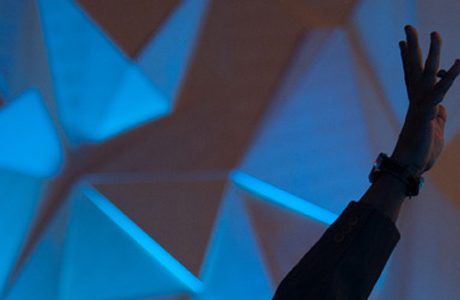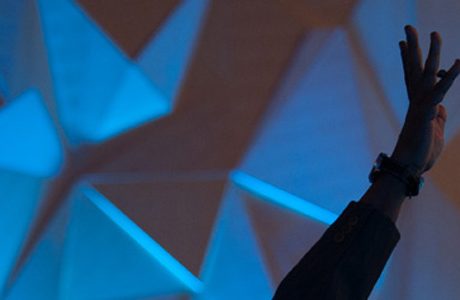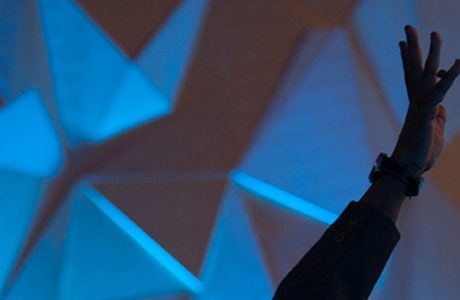Learning to Live and Work Together
The world faces an unprecedented confluence of disruption. Constant advances in artificial intelligence, automation and biotechnology seem to challenge assumptions about what it means to be human. War and instability have triggered widespread dislocation and a migration of people on a scale not seen since the end of the Second World War.
These challenges spark urgent questions about the role of education and its capacity to support learners of all ages in navigating disruption. How can education be most effectively shaped for co-existing and co-creating in a world of complexity and dramatic change? Speakers at the 2017 WISE Summit share their views.

We Have to Rethink What It Means to be “Educated” in a Post-Truth World

Nudging for Student Success: How Behavioral Science Can Improve Education

Reimagining Schools in a Hyperconnected World

Why Schools Need to Do What Works

Measure, Match and Mobilize: Rethinking Learning in the Digital Age

Rethinking Liberal Arts Education for the Twenty-First Century

To Enable Powerful Learning, Put Pedagogy Before Tech

The Future of Learning: Personalized and Curiosity-led
